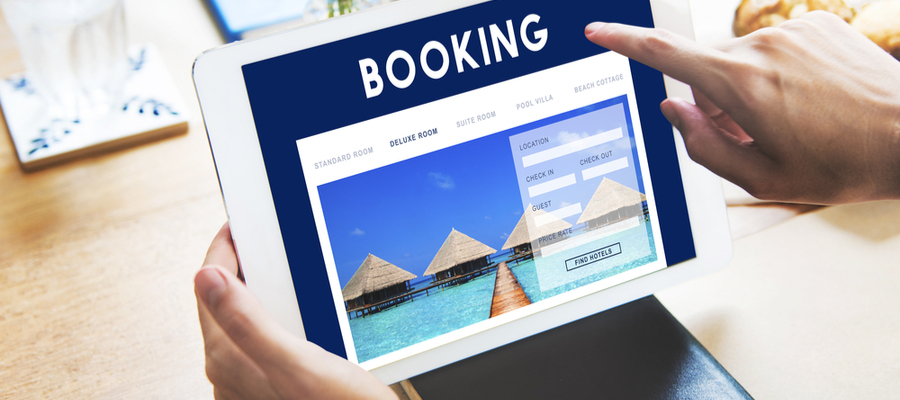Few hotel owners ever expected some of their biggest competition to come from a two-bedroom apartment down the road. In just a decade, Airbnb has become a leader in the short-term rental space and the most popular alternative to the traditional hotel for many people. Unsurprisingly, the hotel industry has been less than enthusiastic about this startup’s rise to prominence, but instead of viewing Airbnb purely as a threat, hotels should learn what they can from this disruptive and innovative company.
While the success of Airbnb is understandably frustrating for traditional hoteliers, the platform does deserve credit for shaking up the hospitality industry with its unique approach to the guest experience. Airbnb has brought a fresh perspective to a long-standing industry and developed clever ways of connecting with younger, more digitally savvy guests. As such, the company is an important case study for hoteliers looking to overhaul their operations and cut deeper into Airbnb’s slice of the pie. Here are some lessons that can be gleaned from Airbnb.
Improve the Digital Experience
Airbnb was born online and is really more of a tech company than a hospitality provider. Part of why the platform is so popular is because it’s both intuitive and enticing, which is not necessarily the case with every hotel booking engine. Strive to provide an online experience that makes it easy for guests to find exactly what they’re looking for—whether that’s a room with specific amenities or the lowest price available—while also providing all the photos and descriptions guests need to feel confident in their choice and get excited about their stay. The challenge lies in making the user-experience simple and easy, while also offering all the info guests need to make an informed decision and put their minds at ease.
Offer an Experience
The appeal of Airbnb is that it offers an insider’s access to local communities, rather than simply being a place to sleep. Hotels, on the other hand, often prioritize the experience inside the property over other attractions. Helping to connect guests with local products, experiences and experts makes the property feel like it’s part of the neighborhood and the facilitator of a successful trip. Partner with local companies to offer an authentic, curated experience that makes the most of nearby attractions.
Adopt Some Personality
Even though Airbnb is a tech giant, the platform makes it feel like you are connecting with a friendly local. The site is great at highlighting what is fun, unique and inviting about a particular rental, making each one feel like a one-of-a-kind experience. Rather than trying to look strictly professional and standardised, hotels—especially chains—should cultivate a distinct personality for each property. Also, when getting in touch with guests, experiment with sending communications from a member of staff’s email account, instead of through a standardized template that looks great, but can be a bit impersonal. Having a real person reach out with a special offer that feels personalized is far more enticing than being blasted with generic marketing emails. Be sure to leverage guest profiles when doing this.
Beg for Feedback
Airbnb is incredibly successful at eliciting reviews from both guests and hosts—a process that enables all parties to feel more confident about future bookings. Hotels are typically a lot less proactive in this regard. Consequently, when people do feel compelled to leave a review, it’s often negative. Positive reviews can do wonders for a hotel’s online image, so hoteliers need to encourage guests to review a stay when the experience was good, rather than leaving them to only post something when things go wrong.
Run on Data
Airbnb captures as much user data as possible and uses it to deliver more relevant and personalized experiences. Since most of what the company does is online, data capture is relatively easy—but hotels have the means to capture data too. Leveraging this information to understand exactly what guests want is probably the single best way for hotels to compete against Airbnb and any other rivals looking to lure guests away.
Short-term rentals may be a competitive alternative to hotels, but they are certainly not a replacement. Hotels offer amenities and attractions that an Airbnb could never match. It’s now up to hotels to emphasize what they do well, while also acknowledging what they could do better.
RoomKeyPMS is a suite of solutions for every aspect of a hotel’s operation. If you’re ready to do things differently, contact our team to explore the possibilities.
Photo Credits: Shutterstock / Rawpixel




